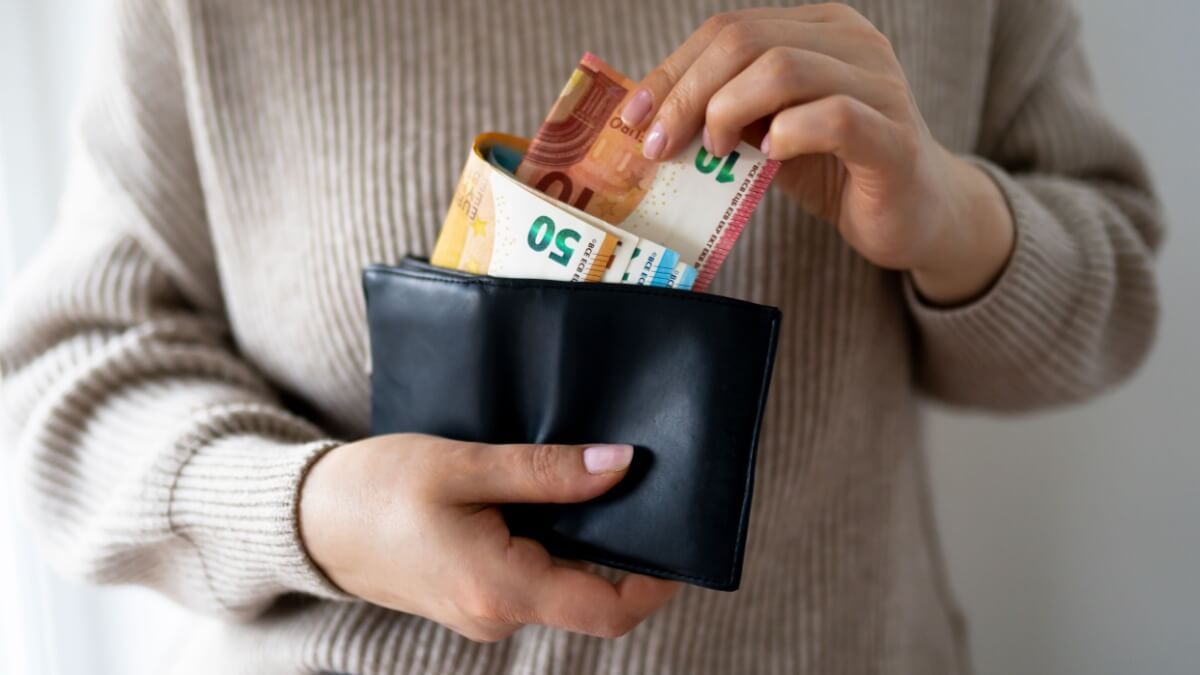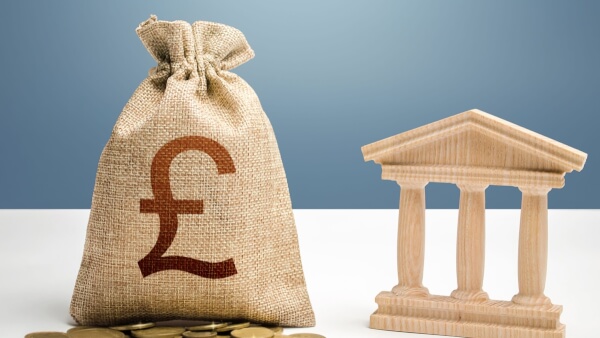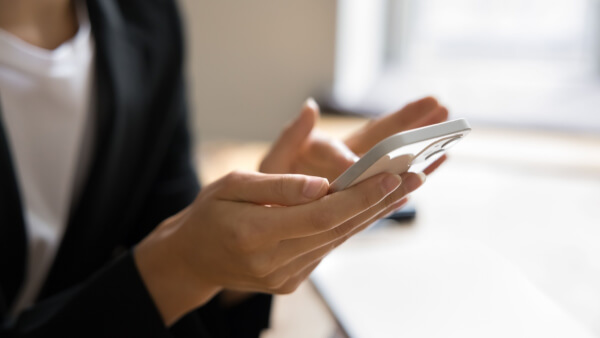Receiving money with An Post: What are the options?
Need to get money from abroad? Learn about the ways you can receive international transfers through An Post in Ireland..

Western Union¹ is one of the best known money transfer services globally, with agent locations throughout the world and a comprehensive range of digital payment options. If you’re using Western Union to receive money in Ireland you’ll need to make sure you understand the process, and check the information you must give the sender.
This guide walks through the Western Union receive money requirements for different pay out methods. Plus, we’ll touch on another option: Wise. You'll be able to receive money via local account details in your Wise Account in 8+ currencies, with no fees.
Yes. ✅ You can receive money with Western Union in Ireland in several ways.
The exact methods available might vary depending on the country the sender is in but your options can include²:
- Receive money to a bank account
- Receive money as cash
- Receive money to a bank card.
So, what do you need to receive money from Western Union, and how does the process work? We’ve got all the details you need coming up next.

One of the most convenient options to receive money with Western Union in Ireland is to have your money deposited to your EUR bank account.
In this case, you’ll need to share with the person sending you money the required Western Union details to receive money - usually your IBAN, BIC/SWIFT code, and full name as shown on your account.
The sender can initiate the payment using Western Union’s digital or agent services, and the money is deposited to your bank once the payment has been processed without you taking any further action.
With Western Union you can receive money online to your bank or you can have the sender arrange a cash collection payment. In this case you will need to go to an agent location³ to collect your cash in euros.
For security, as the recipient, you will need to take along some ID and address documents to get your money, as well as a reference known as the MTCN (money tracking control number) which the sender can give you once the payment is on the way.
If you have a debit card linked to your bank account, the sender may be able to use your card number to initiate the transfer instead of your IBAN. The money is then deposited to your bank account once the payment has been processed, so you can use your card to spend or get cash from an ATM if you prefer.
Yes. But unlike some other providers, Western Union does not offer local account details to allow you to receive payments in currencies other than euros. However, you can receive an international transfer with Western Union to your Irish bank account in euros.
Getting paid from overseas to your EUR bank is quite convenient, but it can mean paying extra fees for currency conversion. The sender will need to convert the payment from their home currency to EUR for deposit, which can be a costly process.
One popular alternative to receive money is to use a Wise Account, which offers local account details for +8 foreign currencies like GBP, USD and AUD, to get paid in these currencies with no need to convert to euros right away.
This type of payment is often cheap or free for the sender, and there’s no Wise fee to receive money with your local account information.
The delivery time for a Western Union payment depends on the country the sender is in, the currency and the exact service they select.⁴
If the sender pays with a debit or credit card online, or pays in cash at an agent location, they may be able to use the Western Union ‘Money in Minutes’ option, which can allow you to collect your payment in cash almost instantly.
If the money is being deposited to your bank account, the payment is likely to take 1 - 2 days to arrive.
There is no receive fee when you get a payment through Western Union in Ireland.
The costs of sending a Western Union payment are covered by the person sending you money. Fees vary depending on the payment type, value and funding method.
If you’ve got a payment on the way you’re probably wondering - what information do I need to receive money from Western Union?
If you’re getting paid to your bank you can simply give the sender your bank account information. The sender can tell you exactly what they need, as this may vary depending on their country, but generally this includes²:
- Your IBAN
- Your bank’s SWIFT/BIC code
- Your full name as shown on your account
For some sending countries you may also need to give your bank’s address, and a reason for the payment. Once the payment has been processed your money will be deposited to your account.
If you’re collecting a payment in cash at an agent you will need the following information and documents²:
- Payment tracking number (MTCN) which the sender can give you
- Sender’s and receiver’s full names
- Expected transfer amount
- Your government-issued photo ID - a passport or driving license for example.
You may be asked for 2 pieces of secondary ID to show your address, which can include a student card or work ID card for example.
Western Union does not state a receiving limit. However, there are sending limits which will mean in practice that you can only receive a certain amount based on the way the sender arranges the payment.
The sending limits can vary depending on the country the sender is based in. To give a feel for the process, if you’re sending a payment from Ireland, you can send up to 1,000 EUR in a 3 day period before verifying your identity, and then 5,000 EUR per transaction once your account is verified.⁵
There’s no limit on the amount you can send from Ireland through a Western Union agent location, but you do need to show additional documents if you send more than 15,000 EUR over the course of a year. Read more about the maximum transfer limit with Western Union.
With a Wise Account, you can receive money without paying for currency conversion.
That's possible because you'll get local account details for +8 currencies, including in GBP, USD and EUR, making it easy to send or receive money. This means you'll be able to use the account details to safely receive money in the local currency, without having to go through an international transfer.

Payments are processed as local payments which are often free or cheaper for the sender, and there’s no Wise fee to receive with your local account details.
Or if you want to receive money without sharing any banking information, you can still use a Wise Account, and give the sender your email address or phone number, or your Wisetag. You can also create a payment request which lets the sender arrange your payments securely without needing to input your account information.
Open your personal
Wise Account for free 🚀
Sources:
Sources last checked on: 22th September, 2025
*Please see terms of use and product availability for your region or visit Wise fees and pricing for the most up to date pricing and fee information.
This publication is provided for general information purposes and does not constitute legal, tax or other professional advice from Wise Payments Limited or its subsidiaries and its affiliates, and it is not intended as a substitute for obtaining advice from a financial advisor or any other professional.
We make no representations, warranties or guarantees, whether expressed or implied, that the content in the publication is accurate, complete or up to date.

Need to get money from abroad? Learn about the ways you can receive international transfers through An Post in Ireland..

Discover the best way to send money from Ireland to the UK for property purchases. Compare costs, timing, and methods for transferring money safely.

Looking to receive a payment through Remitly? Discover all the ways you can get your money in Ireland.

Need to move money from Revolut to your AIB bank account? Learn how to make a quick and easy transfer with our guide.

Transferring money from Revolut to Bank of Ireland? Here’s everything you need to know about the process, from fees to transfer times.

Thinking of transferring money from your Revolut account? Find out how to do it with our guide. We make it simple to send money to any bank account.